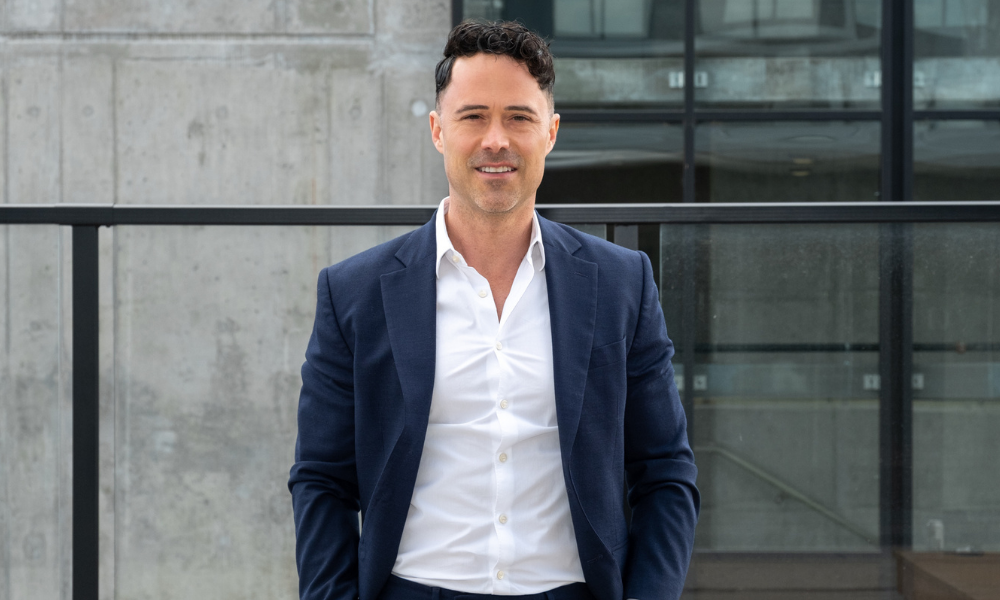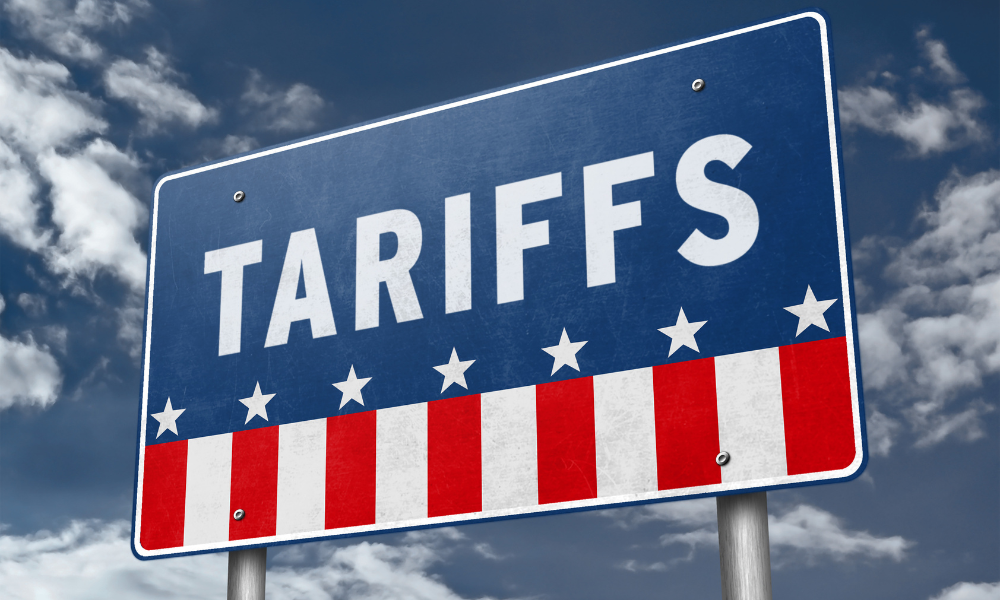Misinformation still dominates the narrative but the country's economic and market strengths are a big advantage to a global investor, says CEO

WP has teamed up with Forstrong Global CEO and CIO Tyler Mordy for a weekly series highlighting and analysing seven macro super trends for 2021. In part one, he explained why a fiscal revolution is here, while, for Super Trend 2, he analysed the inflation landscape and its investment implications. In part three, Mordy delved into the low bond yields and the subsequent 'income famine' and, in explaining Super Trend 4, he examined the state of Big Tech. For Super Trend 5, he turned his lens on Europe, while for number 6, it was turn of oil. For the final article, Super Trend 7, Mordy looks at how China dealt with COVID-19 and the investment implications.
The world revolves around stories and narratives, and the investment industry is no different. Whether it’s Big Tech, commodities, German bonds or non-fungible tokens, plot lines abound as their strengths and weaknesses.
Arguably one of the biggest areas of contention remains China. Cold War-style attitudes persist and West versus East battle lines are still in play. Tyler Mordy, CIO and CEO of Forstrong Global, makes no bones that the rise of China is a complex story not without risk. However, he told WP that not only is it the most fascinating topic in macro investing right now but that no investment analysis is complete without it.
Rather than simply interpreting the country through the numbers, Mordy and his team wanted to see things first-hand. Towards the end of 2019, they travelled to the country to meet with dozens of policymakers, economists, government officials, leading companies and institutional investors. Little did they – or anyone know – but COVID-19 was about to hit hard.
Immediately after his visit, Mordy described the mood in China as “one of hustle and heavy lifting”. In short: things are getting done, and fast. For example, Tesla’s Shanghai Gigafactory was set up in record time, taking them just 168 working days to go from permit to a finished plant.
China’s scale and growth also backed up the numbers. Measured in U.S. dollars, the Chinese economy is 30 times larger than 30 years ago and will almost certainly surpass the U.S. over Forstrong’s Super Trend cycle of three to five years.
Yes, the country’s growth pace is moderating. But China’s growth calculus has changed. Growing roughly 6% on a USD $14 trillion dollar economy contributes far more to global GDP than two decades ago when it was growing at 10% on USD $1 trillion.
Much of the media framing of the China narrative, however, remains outright bearish and influenced by dated perspectives, according to Mordy.
“China and the U.S. are so tightly stitched together that economic decoupling is impossible. There is a level of what we call conscious decoupling happening in terms of their differing ideologies and systems but the fact remains that it's in everyone's best interest to try mutually beneficial economic approaches first.
“Foreign businesses, especially American ones, are not going to abandon the Chinese market. American foreign direct investment soared over the past few years, with a backdrop of a trade war and the Coronavirus. From a purely capitalistic view, corporations, especially multinational ones, will always choose to maximize profits in a global business climate.”
Morally, some may question certain Chinese policies, just as it’s possible to question some of America’s. Mordy is a self-described globalist in the sense that he doesn’t categorize countries as purely good or bad. The world is far more nuanced than that, he said.
“Yes, every nation has defined value systems, internal structures, and politics. But isolating one another is not the answer. A more connected world can also be a better world. Why not, as a first step, seek economic harmony and let the best global ideas and values prevail?”, he said. Yet, still negative plot lines follow China, including its potential for a major crash and the toppling of a precarious credit structure.
Again, there is an alternative perspective and, economically, China’s position has only been strengthened by its response to the pandemic, especially when compared to the Western world. If Mordy’s research team visit and ongoing research affirmed its bullish views on China, COVID-19 not only accelerated these trends but also revealed the strengths of its economy and financial markets.
The Asian world was more equipped to deal with the pandemic and was more motivated to get business back to normal quicker, rather than fully supporting their businesses and households. It locked down fast and hard, and came out of it equally fast and hard from an economic standpoint.
To combat the impact of the virus, the U.S. spent more money per capita than any other government in the world ($12,797 per capita and rising). And, the U.S. Federal Reserve, “already well into a type of monetary dark age” according to Mordy, was by far the most active among major central banks, pumping an extra USD $3.2 trillion into its system.
“By contrast, China remained solidly conventional,” Mordy said. The country’s per capita government debt in 2020 increased by just $1,191. Its central bank also still runs very traditional monetary policy. Next to Sweden and South Korea, China is the only economy the OECD forecasts to overtake their pre-pandemic economic size in 2021.
In addition, Mordy added: “The crisis was revealing. The Chinese stock market outperformed its Western peers with less volatility, the renminbi is the strongest major currency over the last decade, and Chinese government bonds are now the only major sovereign bond market offering positive real yields.”
From a portfolio construction perspective, therefore, the ascent of China as an independent economic centre of gravity is a huge advantage for global investors. It’s got its own monetary policy, separate from the U.S., and its own fiscal trajectory, which, from an investment perspective, means the potential for a higher level of diversification.
Mordy believes China can offer different risk and return drivers for your portfolio, one that is proving more and more resilient over time.
He said: “All this misinformation that we see about China is slowly being pulled back. It’s a complex story, admittedly, but it’s slowly being revealed as it is.
“Most of the research and analysis is downright bearish – less-than-accommodative monetary policy, crackdowns on property speculation, and tensions with the West are often quoted as a key negative for Chinese stocks and the renminbi.
“But Chinese markets, like every market, are still discounting mechanisms for long-term developments. Investors who take a medium to long term view on China will be rewarded.”
The Canada Pension Plan investment board plans to more than double the portion of their assets they allocate to China in the next seven years from 8% to 20%. The “smart money”, it seems, is looking to the future rather than reverting to old Cold War tropes. Maybe it’s time for other investors to do the same.



